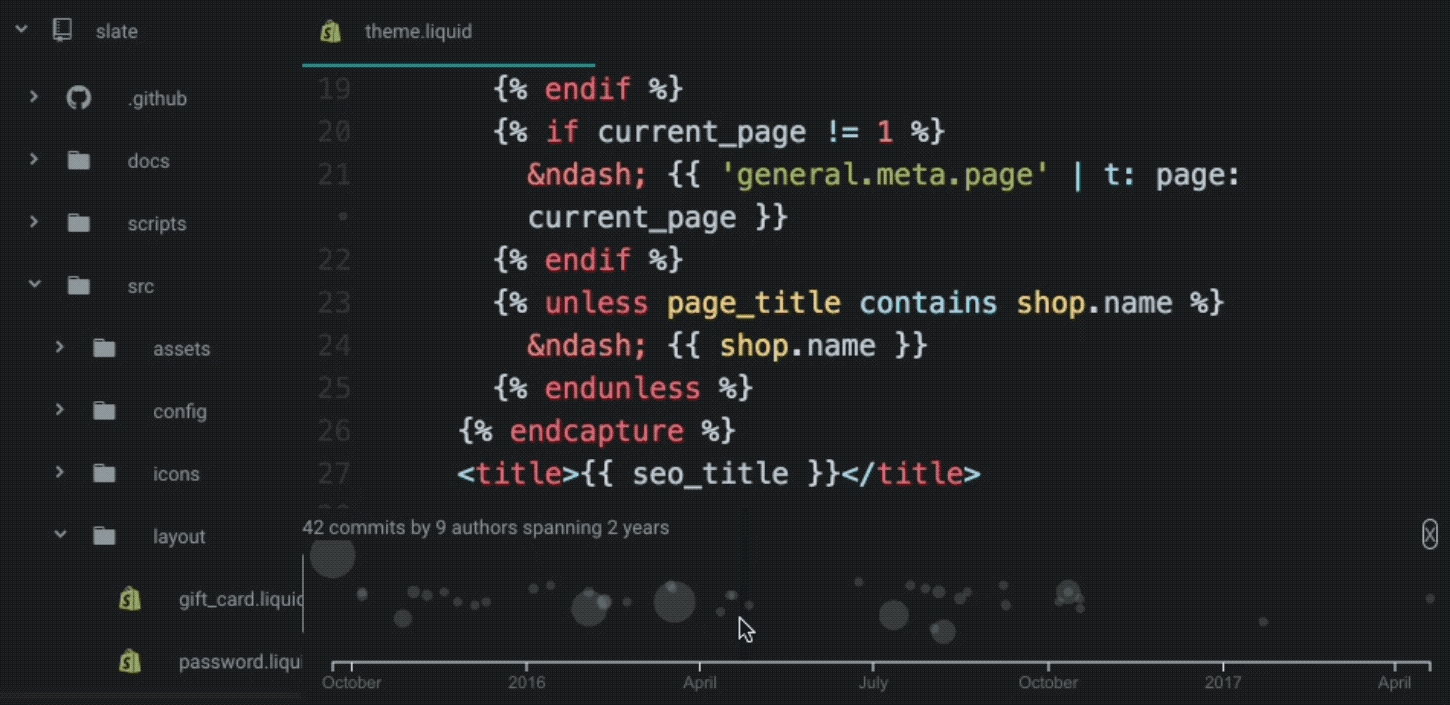

When you are at work, there is only one passing grade, and that is make everything you do as close to perfect as humanly possible.

Job seekers of any age must remember one thing about the job market. That means, if a job applicant is the very best person for the job, yet is not careful enough to make sure the copy is precise, with word meanings exactly what they ought to be, or where a resume contains an entirely wrong word for the place the word is put, that job seeker is still unemployed. One error and the resume is tossed out, and often the errors are simple typos made by spell checkers. If you are relying on your spell checker, you'd better read what you are writing closely, because those errors introduced by misapplied spellings to meaning-inappropriate words, can have bad consequences.Īn interviewer was discussing errors on resumes. However, the check system doesn't always get the meaning right when one word with a certain meaning gets substituted for another, with a very different meaning, yet both are phonetically pretty much the same.Ĭall in Strunk and White. They can suss out what word you might be trying to type and give you options. We've fallen totally into that rabbit hole.
#MUSE WIDGETS ATOM EDITOR FULL#
So, full labeling is misleading to people that want full labeling.Īlice, step aside. Incidentally, the language is identical to that used by previous administrations. In Obama Newspeak, telling the public the truth is false, misleading, or deceptive, while concealing facts is not. claims that letting consumers know whether or not food contains GM/GE products is "false, misleading, or deceptive." Now comes a position paper from the United States Department of Agriculture (USDA) and the Food and Drug Administration (FDA) that opposes labeling for genetically modified food. Last month there was the appointment of big-time GM/GE advocate (and former Monsanto lobbyist) Islam Siddiqui to Office of the United States Trade Representative as the country's chief agricultural negotiator. Some people just want to know if the corn on the cob they are eating at the Labor Day Picnic will be cranking out Monsanto Roundup (Reg. Those GMO sources include genetically modified foods that have incorporated animal, fish or bacterial genes, the ability to make pesticides and herbicides within the very cells of the food, including the food that you put into your stomach. People also want to know if there are pesticides in the food, and some want to know if the food they eat is from GMO sources. Information such as Organic or Conventionally Produced. People understandably want to know lots of information about their food. The Atlantic published an article on the subject of Genetically Modified Organisms that become the very food on your table, and the labeling requirements of the FDA.


 0 kommentar(er)
0 kommentar(er)
